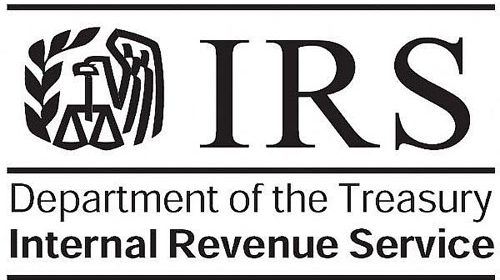Tax Preparers Targeted By New Phishing Scam

The Internal Revenue Service along with state tax agencies and the tax industry are warning tax professionals of a new phishing scam.
In recent days, tax professionals have reported numerous attempts by fraudsters to pierce their security by posing as potential clients.
According to IRS spokesman Christopher Miller, the cyber criminals the goal is to get to the personal information of the tax preparer’s clients.
“Crooks are using the same tactic they did last year, using phishing emails to trick tax practitioners into opening a link or attached document,” Miller said. “The email will look like a potential client and might say something like, ‘Happy new year to you and yours. I want you to help us file our tax return this year as our previous CPA/account passed away in October. How much will this cost us?…hope to hear from you soon.'”
When the tax preparer responds he is asked to by the scammer to click on a link that requires the tax pro’s information.
“If the tax practitioner responds, the fraudster will send a second email that contains either a phishing URL or an attached document that contains a phishing URL, claiming their tax data is enclosed,” Miller explained. “The fraudster wants the tax pro to click on the link or attachment and then enter their credentials. Depending on the malware involved, this scheme could give fraudsters access to the tax practitioners’ secure accounts or sensitive data. It may even give the fraudster remote control of the tax professionals’ computers.”
Miller said data breach thefts have given thieves millions of identity data points including names, addresses, Social Security numbers and email addresses.
If in doubt, tax practitioners should call to confirm a client’s identity.
Tax practitioners receiving emails from fraudsters posing as the IRS, or even their tax software provider, should go directly to the main website, such as IRS.gov, rather than opening any links or attachments.
You can also forward attempted phishing emails to [email protected].
For additional tips, tax professionals should review the Summit partners’ “Don’t Take the Bait” campaign.
